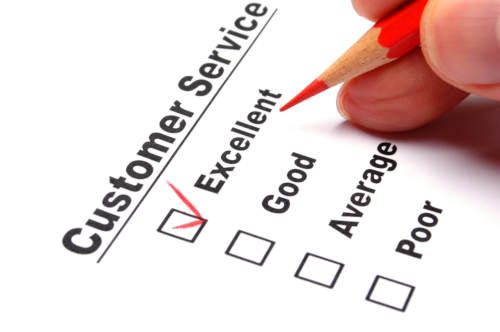
Leading Successful Meetings
It can be frustrating to lead a meeting that doesn’t deliver the desired results. Meetings are central to collaboration, but too often, they drift off track, run long, or end without clear outcomes. Whether you’re leading a quick check-in or a planning session, keeping participants engaged and productive takes more than just a strong agenda. It requires time, awareness and the confidence to manage conversations as they unfold.
According to Harvard Business Review, over 67% of meetings fail to achieve their objectives. The impact goes beyond wasted time—it drains energy, delays decisions, and erodes momentum. Meeting facilitation remains one of the most overlooked leadership skills, even though it shapes how teams collaborate and move forward.
Fortunately, there are ways to undo meeting mismanagement. This workshop offers practical tools to help you lead meetings that stay focused and deliver value. You’ll learn to clarify objectives, guide discussions, and encourage meaningful participation. With opportunities to practise and reflect, you’ll develop a more intentional approach that improves outcomes and builds trust across the table.
By the end of the session, you’ll be prepared to lead meetings with greater clarity and confidence, helping your team use time wisely and leave with a shared understanding of what comes next.

- Set clear and realistic objectives to guide meeting planning and ensure relevance.
- Create structured agendas that promote focus, allocate time effectively, and support desired outcomes.
- Facilitate discussions that invite meaningful input and move the group towards a shared goal.
- Manage time confidently by starting and ending on time and redirecting off-topic conversations.
- Apply tools that support engagement in both in-person and virtual meetings.
- Respond effectively to common challenges, such as low participation or dominant speakers.

This workshop is designed for professionals who lead, organize, or facilitate meetings and want to make better use of their time. Whether new to leading meetings or looking to improve your skills, this session offers practical tools to improve structure, engagement, and results.
You should attend if you
- Lead meetings that often run long, lack direction, or fail to result in clear next steps
- Want to feel more confident managing time, people, and focus in group settings
- Find it difficult to balance contributions and keep participants engaged
- Are responsible for improving the structure and effectiveness of team or departmental meetings
- Work in a role where decision-making and collaboration happen through meetings
By the end of this workshop, you’ll be able to lead meetings that help your team stay focused and make progress. You’ll leave with a reliable approach to managing time and guiding conversations toward clear outcomes.

This workshop is built around practical application, reflection, and real-time feedback. You’ll work through common meeting challenges and use planning tools to prepare for meetings with purpose and structure. You’ll have time to practice key techniques, like setting agendas, guiding discussions, and closing meetings effectively, so you can immediately apply them back at work. You’ll also work individually and in groups to explore what makes meetings productive, inclusive, and worth the time.
You’ll receive a comprehensive reference guide with templates, checklists, and tools to support your planning and follow-through.
Workshop activities include
- Determining a clear statement of purpose for a meeting
- Preparing effective agendas with roles, timing, and objectives
- Applying the IDDA format (Item, Discussion, Decision, Action) to structure meeting content
- Reviewing and analyzing sample meeting agendas for best practices
- Developing strategies to guide meetings and keep them on track
- Responding effectively to questions and difficult situations
- Collaborating on case scenarios to identify appropriate actions and solutions
- Creating a personal action plan





